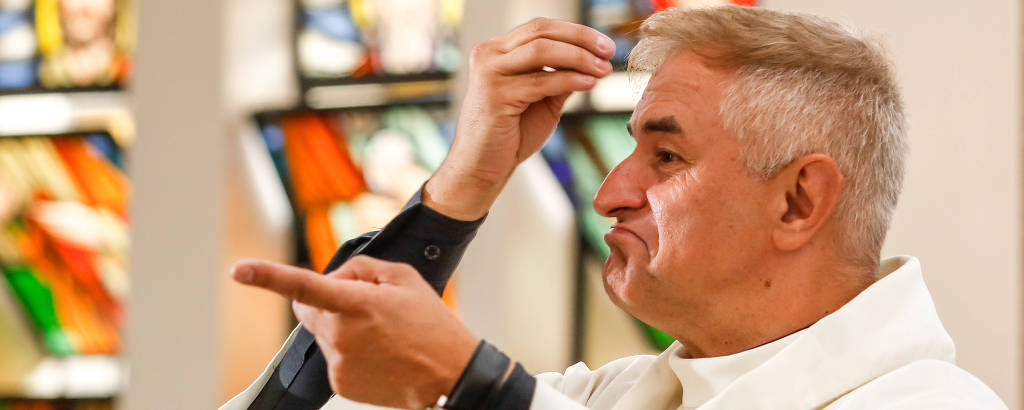Over nine million hearing-impaired Brazilians got their hopes up when First Lady Michelle Bolsonaro performed her speech during her husband's inauguration in Brazilian Sign Language, also known by its acronym Libras.
During his campaign, president Jair Bolsonaro made a series of promises to the deaf community. In October, he signed a letter of intentions, listing 17 measures to benefit this population, like including Libras as a mandatory class in K-12 education and healthcare training.
However, to accomplish these goals, it will be necessary to invest in Portuguese-Libras bilingual schools all over Brazil, increase training offerings for teachers and improve courses for Libras interpreters.
Libras was recognized as a language since 2002, but the laws around it are mostly unknown, even by government officers. It was up to nonprofits and charity organizations to take over teaching the language to the deaf community.
Bolsonaro issued a decree creating a specialized agency inside the Education Department, to cater to specialized types of education.
Brazil has 30 bilingual Portuguese-Libras bilingual schools in its public school system. "There are states in Northeast without a single school," says Vinicius Nascimento, director of a national association of Libras interpreters.
São Paulo has six of them and two schools with integrated classrooms. According to the last state school census, there are 1,769 deaf students and another 464 with some hearing impairment in the state's public and private schools.
The first step, according to the experts, is to increase the number of training opportunities for teachers and improve their skills, and not necessarily increase the number of integrated classrooms.
Translated by NATASHA MADOV
